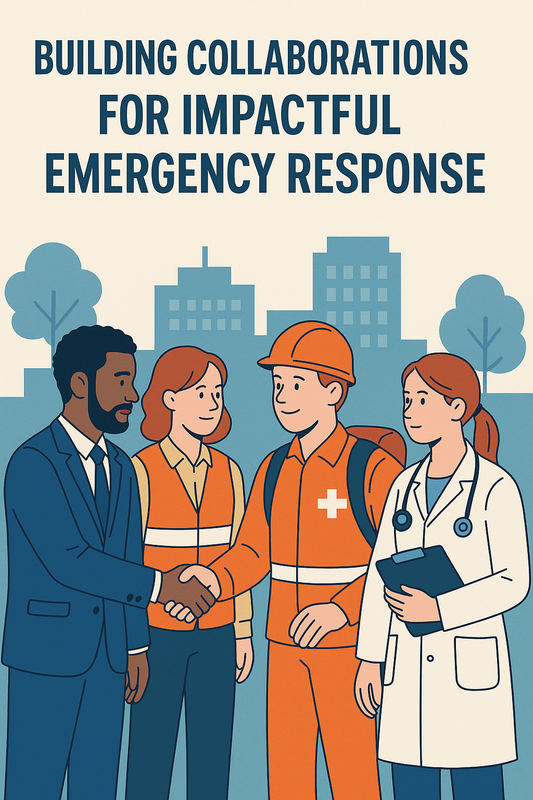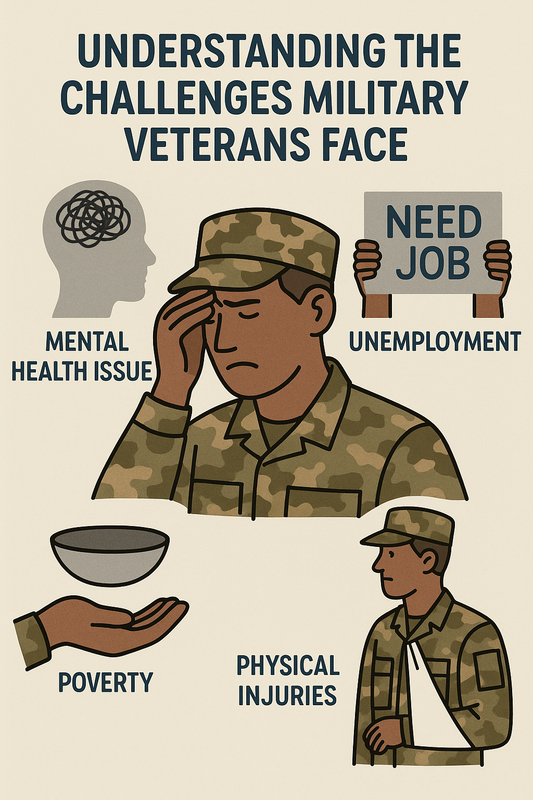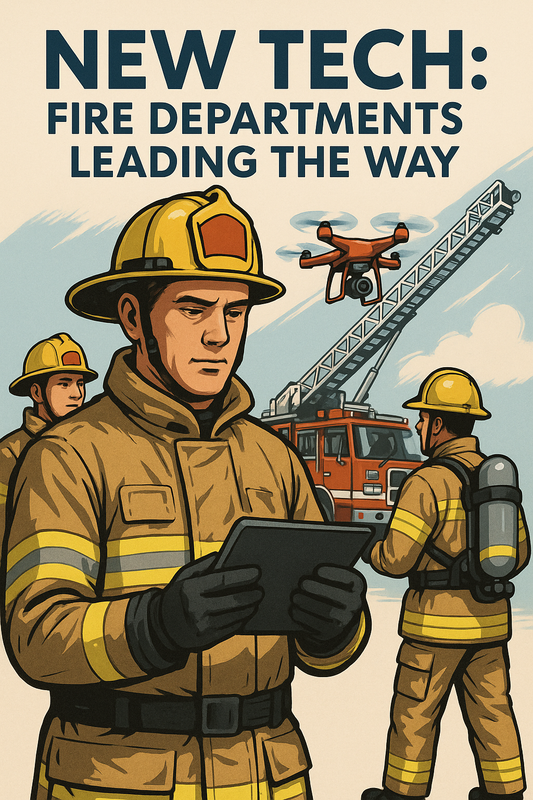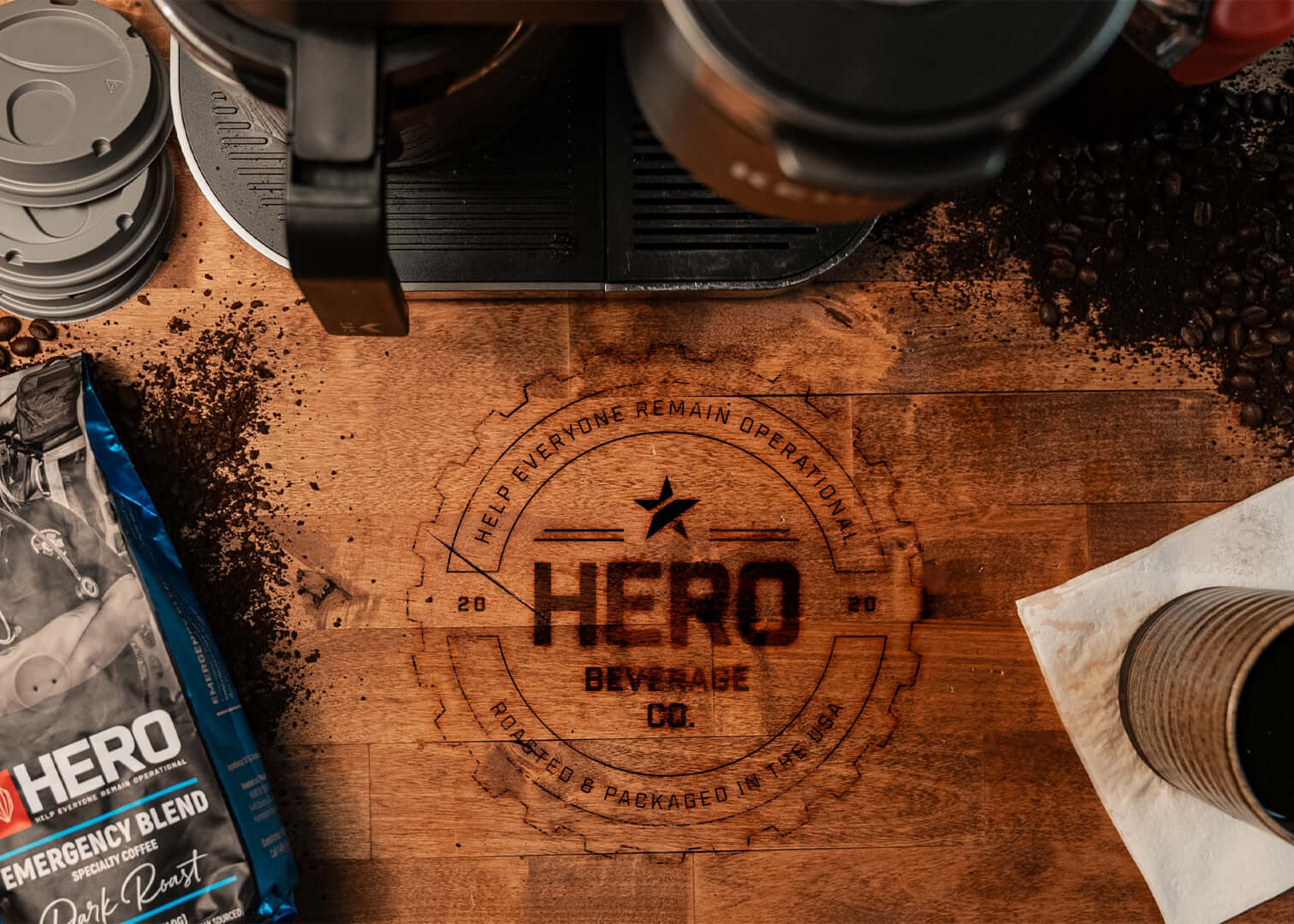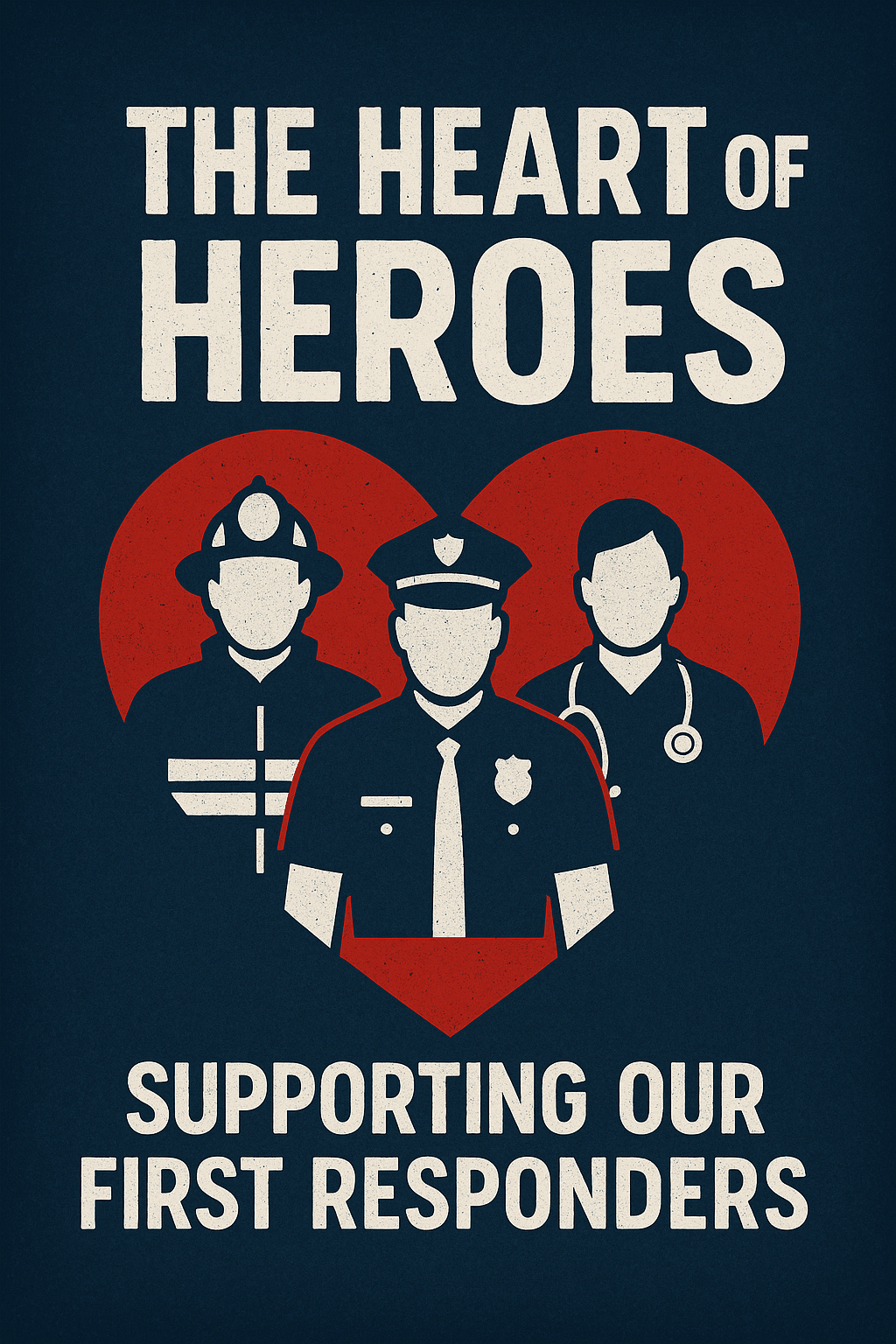
The Heart of Heroes: Supporting Our First Responders
Frequently Asked Questions
1. What are the key roles of first responders?
2. What mental health challenges do first responders face?
3. How can communities support first responders?
4. What are some ways to show appreciation to first responders?
5. Why is supporting first responders important for the community?
When we think of the brave souls who put their lives on the line to protect us, it's hard not to feel a deep sense of gratitude. Our first responders—police officers, firefighters, EMTs, and paramedics—are essential to our safety and well-being. Yet, behind their heroic façade lies a reality that many of us may overlook. These professionals deal with immense physical and mental stress and face a myriad of challenges daily. It is crucial for communities to rally together to support them effectively. In this blog post, we will explore the importance of support for our first responders and how our community can contribute.
Understanding the Role of First Responders
First responders are the first individuals to arrive at the scene during emergencies. Their responsibilities extend beyond responding to incidents; they provide critical aid to those in need, often in the most chaotic of situations. Below are a few key roles that highlight their importance:
- Emergency Medical Technicians (EMTs): They provide immediate medical treatment to patients during emergencies, often stabilizing them before they reach a hospital.
- Firefighters: Tasked with extinguishing fires, rescuing individuals, and preventing future hazards, firefighters play a vital role not only in emergencies but also in education and community safety.
- Police Officers: They maintain peace, enforce laws, and protect citizens from crime, showcasing a balance of authority and compassion.
The Mental Health Challenges Faced by First Responders
While physical strength and skill are crucial for first responders, mental resilience is equally important. Many first responders are exposed to traumatic events regularly, leading to high levels of stress, anxiety, and even PTSD. The American Psychological Association reports that first responders have higher rates of mental health conditions compared to the general public. Here are some common mental health challenges they face:
Emotional Burnout
First responders often work long hours and face relentless demands. This can result in emotional exhaustion, making it harder for them to cope with their everyday responsibilities, both personal and professional.
Trauma and Post-Traumatic Stress Disorder (PTSD)
Repeated exposure to trauma can have long-lasting effects. Many firefighters and EMTs witness horrific incidents, which can lead to PTSD, impacting their ability to perform their jobs and their quality of life.
Substance Abuse
To cope with the mental strain, some first responders may turn to drugs or alcohol. Substance abuse only complicates their challenges, making recovery and support essential for their well-being.
The Community's Role in Supporting First Responders
Understanding the challenges faced by our heroes is the first step in providing support. Communities can play an active role in building a support system for first responders, creating environments where they feel valued and cared for. Here are some ways to help:
Organizing Fundraisers and Events
Fundraisers can unite community members and bring awareness to the ongoing mental and physical challenges faced by first responders. Events such as charity runs, auctions, or family-friendly gatherings can raise money for mental health programs or support services tailored explicitly for first responders.
Providing Access to Mental Health Resources
Encouraging first responders to seek therapy or counseling can alleviate many of their struggles. Communities can partner with local mental health organizations to provide accessible resources, like workshops or counseling sessions, specifically tailored for first responders.
Offering Open Lines of Communication
Creating an open dialogue between first responders and the community can enhance understanding and support. Regular community meetings or forums can discuss the issues they face and help build trust, making it easier for these individuals to open up about their feelings and challenges.
How to Show Appreciation as a Community
Beyond institutional support, small gestures of appreciation can go a long way in uplifting our first responders. Here are some thoughtful ways to show your gratitude:
Simple Acts of Kindness
A small act of kindness can make a significant difference in the day of a first responder. Whether it’s a cup of coffee from a local café or a handwritten thank-you note, expressing appreciation fosters a sense of belonging.
Personalized Gifts and Care Packages
Creating care packages filled with treats, essentials, or even gourmet selections like Peru coffee pods can brighten a first responder’s day. Consider supplying snacks, hygiene items, or stress relief aids, letting them know their service is recognized and cherished.
Community Recognition Events
Organizing a local event to honor first responders can make them feel appreciated. Public ceremonies, awards, and acknowledgments provide public recognition of their hard work and sacrifices, boosting morale and fortifying community bonds.
Building Supportive Policies for First Responders
For long-term support, advocating for policies that benefit the mental and physical health of first responders is essential. This can involve:
Developing Comprehensive Support Programs
Communities can work with local governments to develop policies and programs that address the specific needs of first responders. This may include wellness checks, stress management training, and peer support groups.
Ensuring Access to Healthcare Services
It’s crucial that first responders have access to healthcare services tailored to address their unique challenges. Policies that support their physical and mental health through proper healthcare coverage can reduce stigma and encourage them to seek help when needed.
Engaging with Local Businesses
Businesses can partner with first responders to offer discounts, free services, or special promotions as a way to express gratitude. Encouraging local establishments to adopt supportive practices creates an environment of appreciation and community involvement.
The Ripple Effect of Support
When communities support and value their first responders, the positive impacts extend far beyond the individuals themselves. Here are a few benefits of active support:
Enhanced Community Safety
Support initiatives allow first responders to focus on their training and mental well-being, directly improving community safety. When they feel appreciated and supported, it translates into better service for the public.
Stronger Community Bonds
Support for our heroes fosters a community spirit where citizens feel more connected. This sense of unity leads to collective efforts that improve overall well-being in various ways.
Inspiration for Future Generations
When young people see the dedication of first responders and community efforts to support them, it may inspire future generations to pursue careers in these noble fields. A strong support network encourages individuals to serve and protect their communities.
Taking the First Steps
Supporting our first responders requires ongoing commitment from the community. It starts with awareness of their struggles and the impact of meaningful, targeted support. By transforming the bonds within our communities into a force of appreciation, we can ensure our first responders receive the recognition and resources they deserve. Remember, every act of kindness counts, whether it's a simple note of thanks, a delicious cup of Peru coffee pods, or a comprehensive support program. Together, we can create an environment that honors and uplifts our heroes as they continue to protect and serve.
Visit one of our fellow Shopify or Wix users' stores by clicking this store link. Please note that this is a promotional link, and we are not responsible for the content of the linked store.

